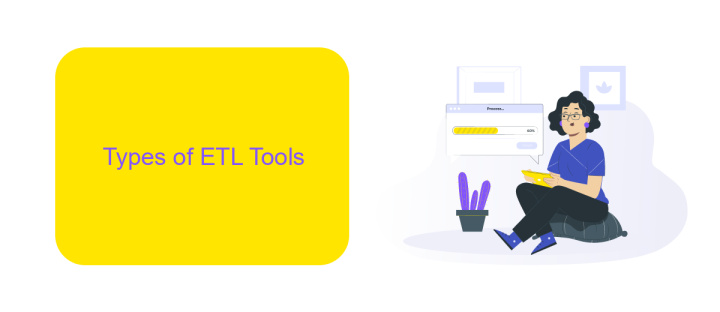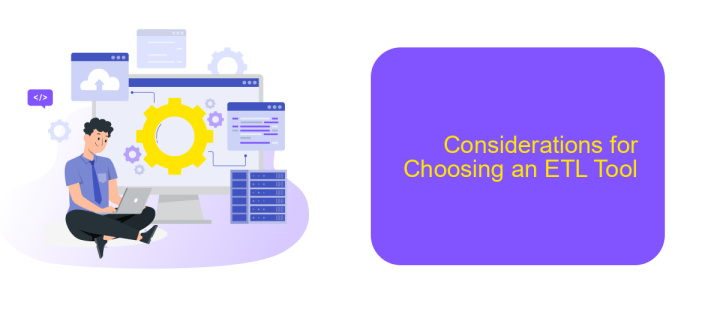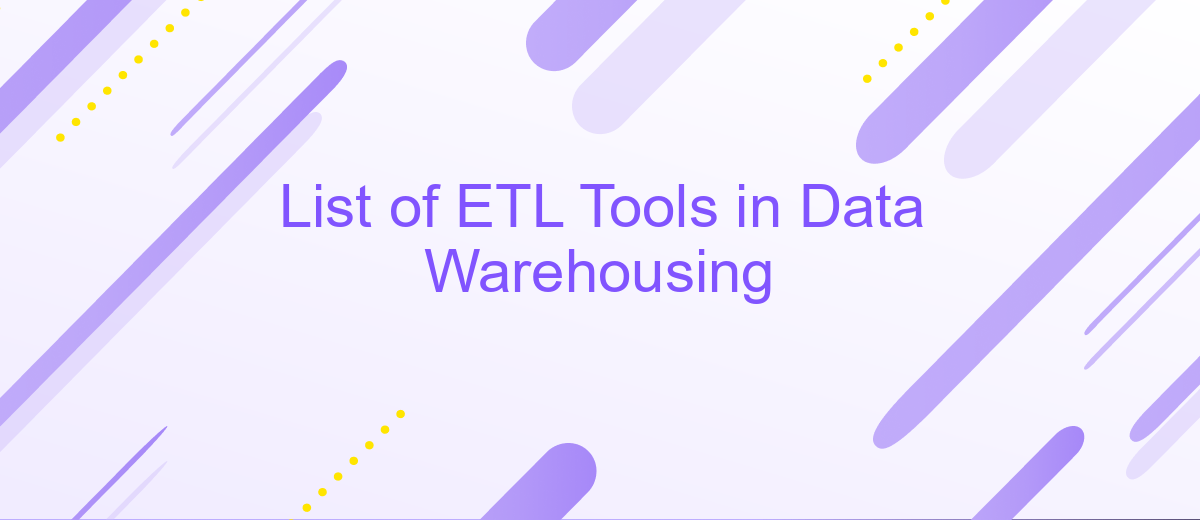List of ETL Tools in Data Warehousing
ETL (Extract, Transform, Load) tools are essential components in data warehousing, enabling the seamless extraction of data from various sources, its transformation into a suitable format, and loading it into a data warehouse for analysis. This article provides a comprehensive list of popular ETL tools, highlighting their key features and benefits to help organizations make informed decisions for their data integration needs.
Introduction
Extract, Transform, Load (ETL) tools are essential components in the realm of data warehousing. They facilitate the seamless movement of data from various sources into a centralized repository, enabling businesses to make informed decisions based on comprehensive data analysis. ETL tools streamline the process by automating data extraction, transformation, and loading, ensuring data accuracy and consistency.
- Extract: Collect data from multiple sources such as databases, APIs, and flat files.
- Transform: Convert and cleanse data to meet the required format and quality standards.
- Load: Transfer the transformed data into a data warehouse or other target systems.
In today's fast-paced digital world, the need for efficient ETL tools has never been greater. Services like ApiX-Drive simplify the integration process by offering a user-friendly interface for connecting various data sources. This not only saves time but also reduces the complexity involved in data integration. By leveraging such tools, organizations can focus on deriving actionable insights from their data, rather than getting bogged down by technical challenges.
Types of ETL Tools

ETL tools can be categorized into several types based on their functionality and deployment. Traditional ETL tools are installed on-premises and handle the extraction, transformation, and loading processes within a local infrastructure. These tools often provide robust capabilities for data manipulation and are suitable for organizations with stringent security requirements. Cloud-based ETL tools, on the other hand, operate in the cloud and offer greater scalability and flexibility. They are ideal for businesses looking to leverage cloud storage and computing power, ensuring seamless integration with various cloud services.
Another significant category is real-time ETL tools, which enable continuous data processing and immediate updates. These tools are essential for applications requiring up-to-the-minute data accuracy, such as financial trading platforms or real-time analytics. Additionally, there are specialized ETL tools that focus on specific data sources or industries. For instance, ApiX-Drive is a service that simplifies the integration of multiple applications and automates data workflows, making it easier to manage data from disparate sources. By selecting the right type of ETL tool, organizations can optimize their data warehousing processes and achieve more efficient data management.
Benefits of Using ETL Tools

ETL tools are essential for efficiently managing data in data warehousing environments. They streamline the process of extracting, transforming, and loading data, ensuring that it is accurate and ready for analysis. By automating these tasks, ETL tools save valuable time and reduce the risk of human error.
- Improved Data Quality: ETL tools ensure data consistency and accuracy by cleaning and validating data during the transformation process.
- Time Efficiency: Automating the ETL process significantly reduces the time required to prepare data for analysis.
- Scalability: ETL tools can handle large volumes of data, making them suitable for growing businesses.
- Integration Capabilities: Services like ApiX-Drive facilitate seamless integration with various data sources, enhancing the ETL process.
- Cost Savings: By automating data workflows, businesses can reduce labor costs and allocate resources more effectively.
Incorporating ETL tools into your data warehousing strategy can lead to more efficient data management and better decision-making. With advanced integration services like ApiX-Drive, businesses can easily connect and automate their data workflows, further enhancing the benefits of using ETL tools.
Considerations for Choosing an ETL Tool

When selecting an ETL tool for your data warehousing needs, it's crucial to consider several factors to ensure you make an informed decision. The right ETL tool can significantly impact the efficiency and success of your data integration processes.
First, evaluate the tool's compatibility with your existing systems and data sources. Ensure it supports the data formats and platforms you are currently using or plan to use. Additionally, consider the scalability of the tool to handle increasing data volumes as your business grows.
- Ease of Use: Look for a user-friendly interface that simplifies the ETL process.
- Performance: Assess the tool's ability to process large datasets quickly and efficiently.
- Integration Capabilities: Ensure it can integrate seamlessly with other systems and services, such as ApiX-Drive, to streamline data workflows.
- Cost: Consider the total cost of ownership, including licensing, maintenance, and support costs.
- Support and Documentation: Check for comprehensive support and detailed documentation to assist with troubleshooting and implementation.
Finally, consider the tool's flexibility to adapt to your changing business needs and its ability to provide robust data security features. Taking these factors into account will help you choose an ETL tool that best fits your organization's requirements.
- Automate the work of an online store or landing
- Empower through integration
- Don't spend money on programmers and integrators
- Save time by automating routine tasks
Examples of ETL Tools
ETL tools play a crucial role in the data warehousing process by extracting, transforming, and loading data from various sources into a central repository. Some popular ETL tools include Apache Nifi, which provides a user-friendly interface for designing data flows, and Talend, known for its open-source capabilities and extensive connectivity options. Informatica PowerCenter is another widely used tool, appreciated for its high performance and scalability in handling large volumes of data.
In addition to these, ApiX-Drive is an emerging service that simplifies the integration process. It allows users to connect different applications and automate data transfers without requiring extensive technical knowledge. This tool is particularly useful for businesses looking to streamline their data workflows and ensure seamless integration between various systems. With its intuitive interface and robust functionality, ApiX-Drive stands out as a valuable addition to the ETL landscape.
FAQ
What is an ETL tool in data warehousing?
What are some popular ETL tools used in data warehousing?
How do ETL tools benefit data warehousing?
Can ETL tools integrate with cloud-based data sources?
What options are available for automating ETL processes?
Time is the most valuable resource for business today. Almost half of it is wasted on routine tasks. Your employees are constantly forced to perform monotonous tasks that are difficult to classify as important and specialized. You can leave everything as it is by hiring additional employees, or you can automate most of the business processes using the ApiX-Drive online connector to get rid of unnecessary time and money expenses once and for all. The choice is yours!


